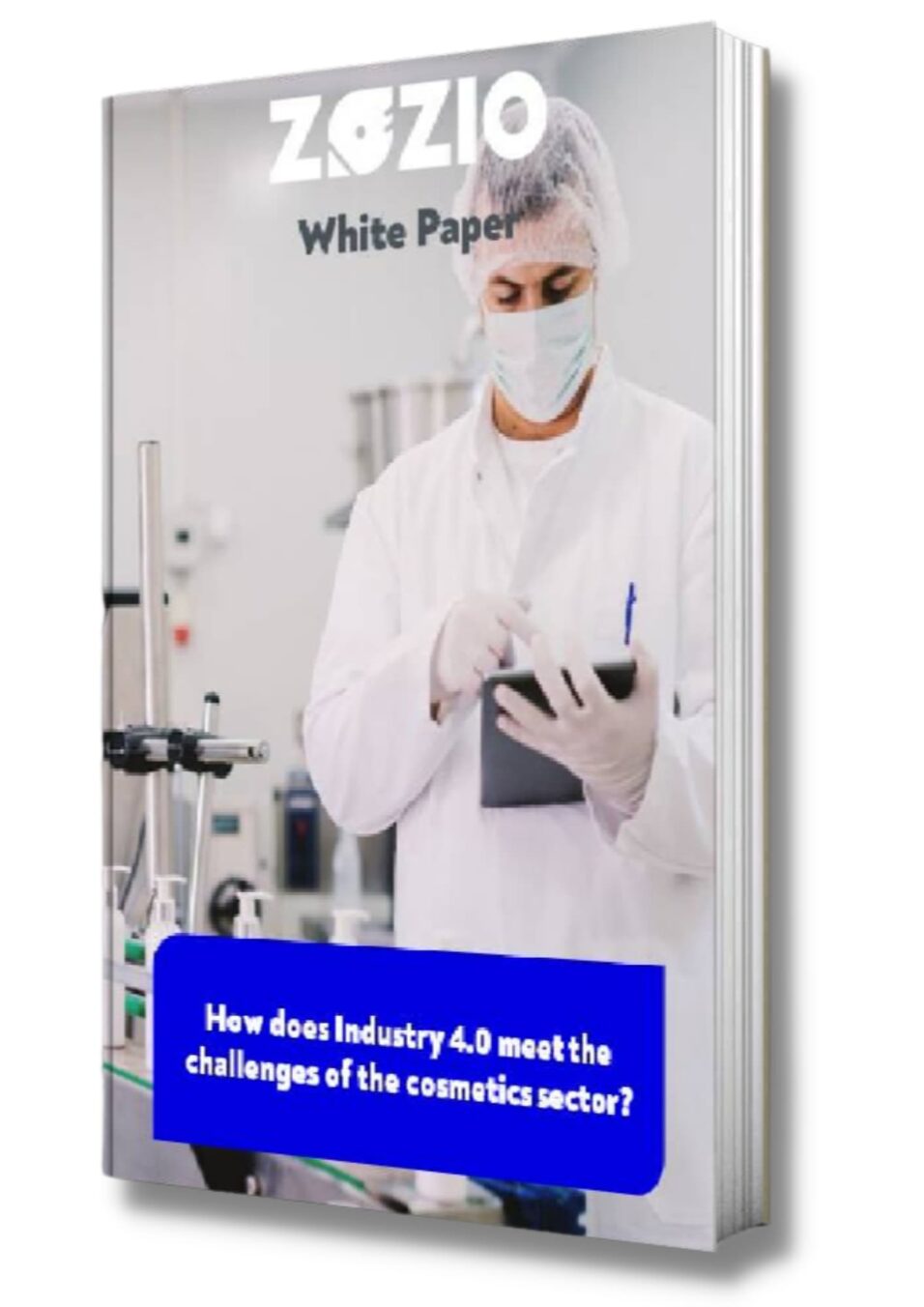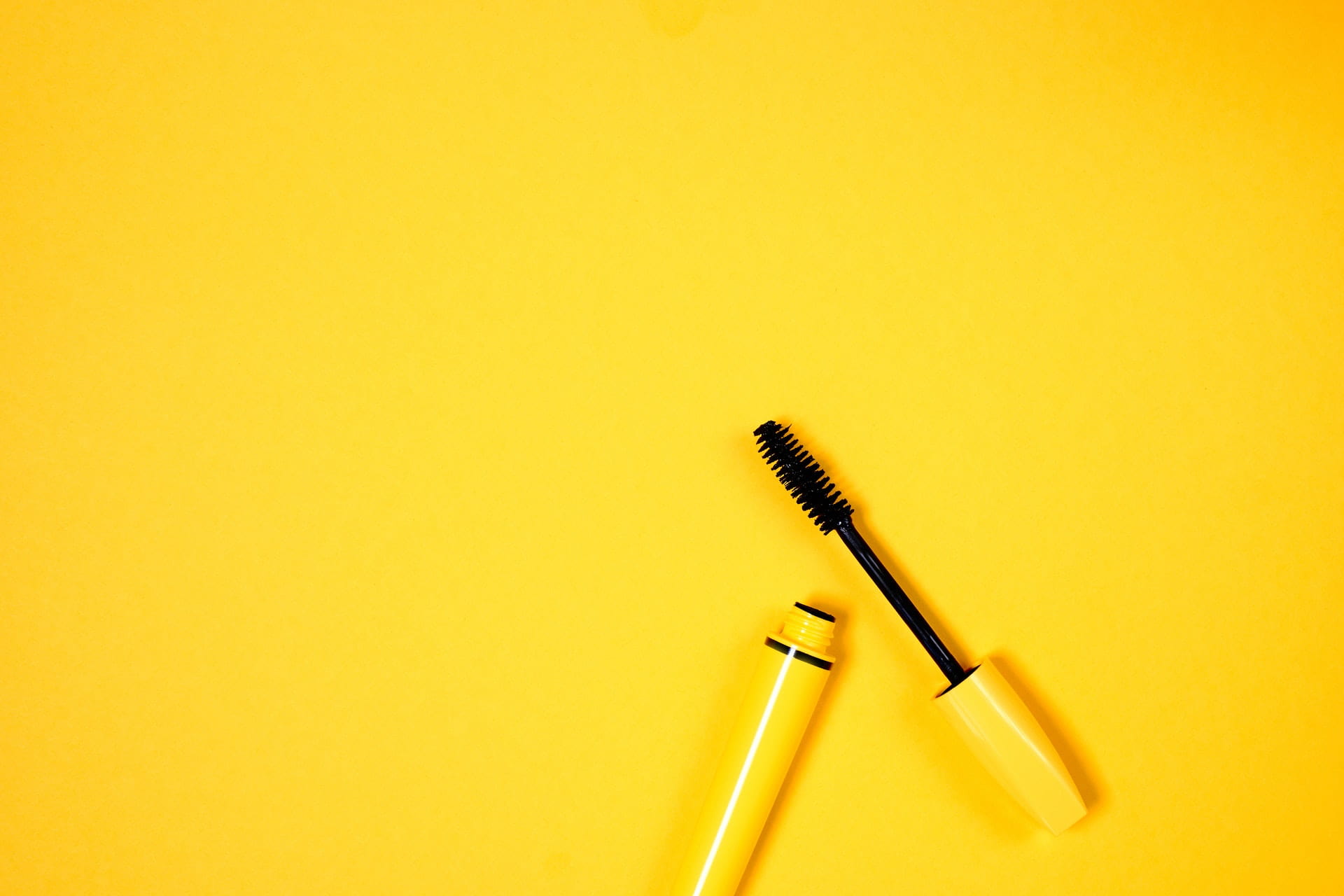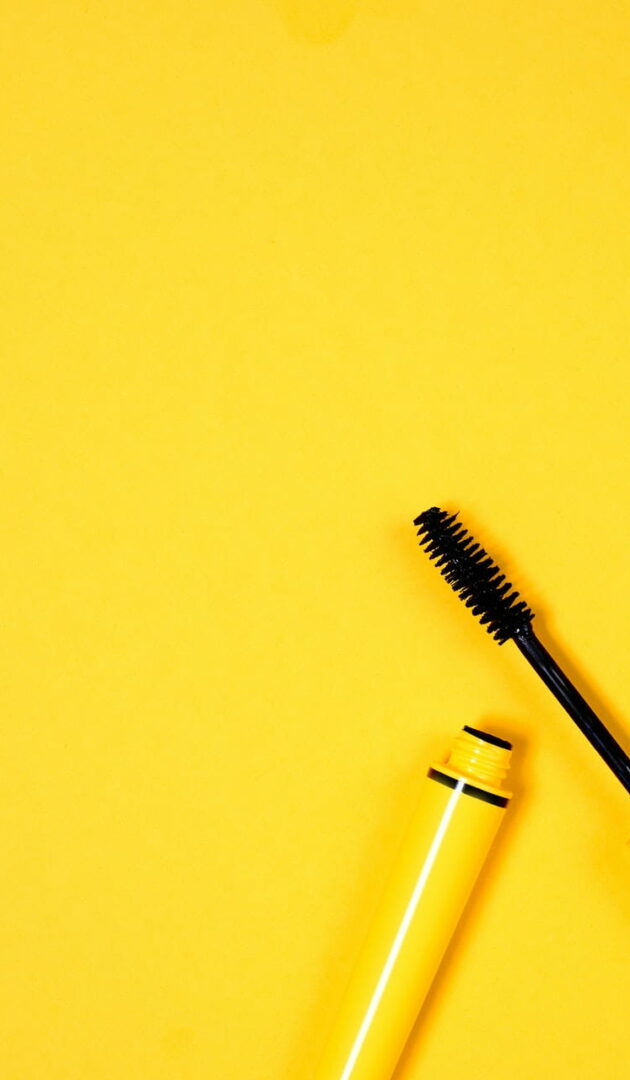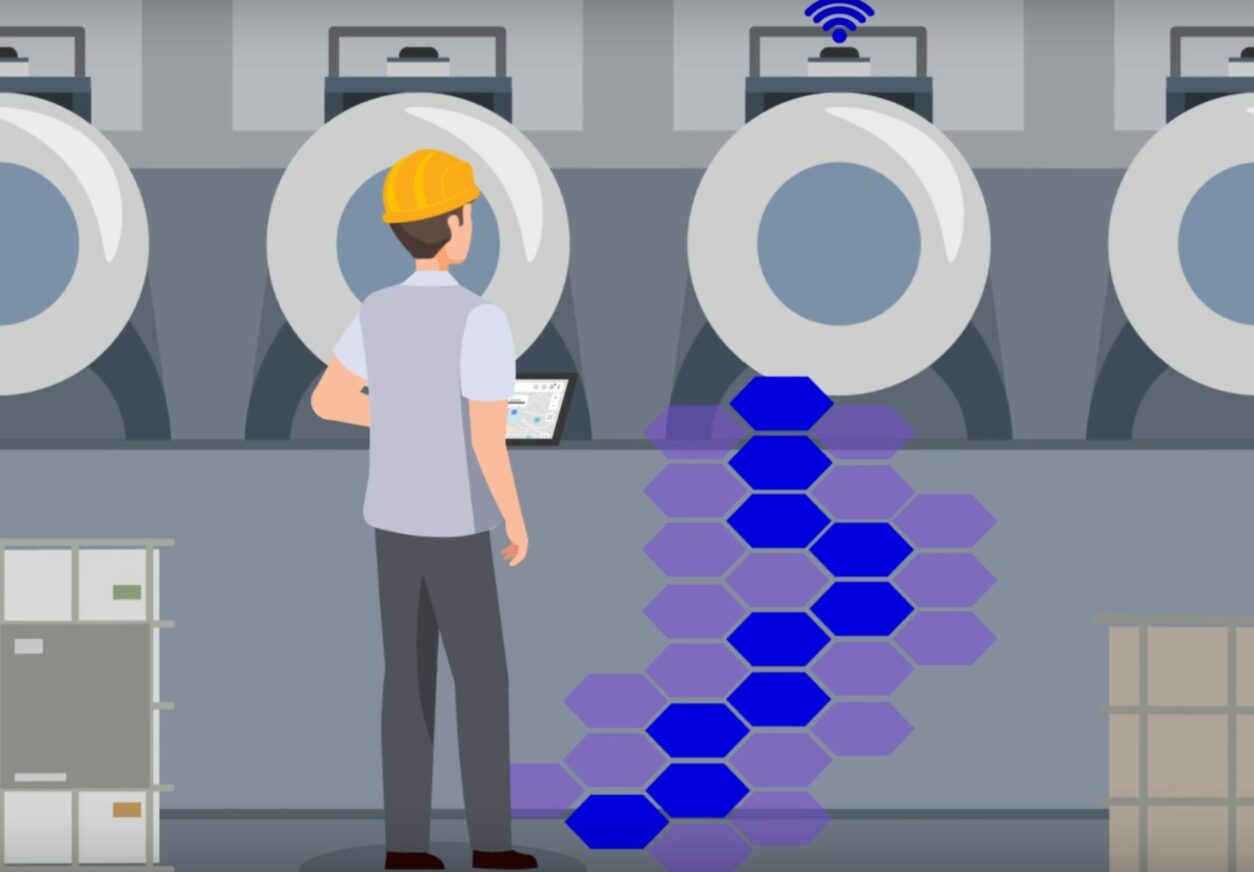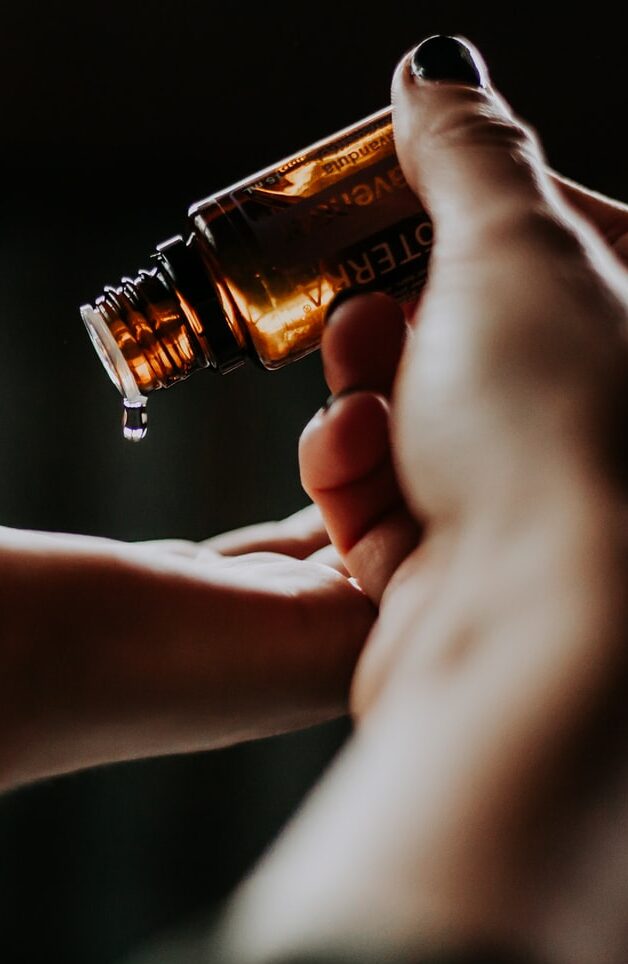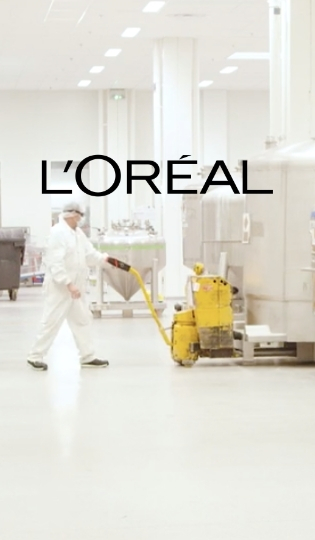To know everything about the different issues of the cosmetic industry in a few pages, Zozio provides you with our free white paper with exclusive content!
What are the current trends in the cosmetics market?
The cosmetics sector has been evolving particularly rapidly since the Industrial Revolution and one trend follows another. While the Covid 19 had a strong impact on consumer habits, consumers used less make-up during confinements but consumed more beauty care. Thus, men, who until then did not form a significant part of the cosmetics clientele, are now a prime target.
Thus, the cosmetics sector is a sector that is undeniably facing many changes. New operating strategies and tools are therefore being implemented in companies to increase their capacity to evolve and their adaptability.
A case study: L’Oréal
To illustrate this quest for adaptability, L’Oréal reveals its management of the new challenges of Industry 4.0 in the cosmetics sector. These new challenges, centred around the new consumers who seek to obtain products quickly and transparently, include
- Accelerated product development, to make products available as quickly as possible,
- Connected products, to ensure better product traceability and optimise the supply chain,
- Agile and flexible operations to respond more quickly to consumer demand,
- Increased customisation of products, which is one of the major trends today,
- Added services, driven by intelligent data management.
These marketing challenges lead to industrial challenges, to ensure operational excellence. Committed to giving maximum autonomy and efficiency to its employees, L’Oréal relies on real-time tools for optimal data circulation, which facilitate worker mobility, and long and medium-term optimisation and simulation tools to process and analyse the data collected in the field.
What role for digital technology?
In this context, digital technologies are becoming indispensable. Big Data, artificial intelligence, the IOT (Industrial Internet of Things) and connected sensors are revolutionising the approach to beauty and offering infinite solutions to satisfy these new consumers.
Digital technologies, in addition to optimising the industrial performance of factories, are essential for personalising products and adapting needs. For example, thanks to data, it is now possible to diagnose the skin by carrying out an in-depth dermatological analysis, and thus to recommend an adapted and tailor-made routine. Product customisation is also developing thanks to the processing of collected data, which makes it possible to compile clinical cases and better manage atypical skin.
Augmented reality is a real marketing tool that makes it possible to create more fun and practical experiences for customers.
The applications of new technologies in the cosmetics sector are almost endless. Below are some examples of technological innovations that have marked the last few years:
- Sephora has launched a connected shop with selfie mirrors, robots, vending machines and connected sensors.
- L’Oréal offers a make-up test application using augmented reality.
- For the launch of its perfume “Manifesto”, Yves Saint Laurent has set up a bottle and case recognition screen. Thus, when the perfume is placed on the intelligent screen, it is able to display the perfume information.
More environmentally friendly products
Digital tools are not the only significant changes in the cosmetics industry. One of the most resounding trends concerns ecology. Customers, especially young ones, are now looking for efficient and environmentally friendly products that are transparently produced. Companies are therefore being pushed to adopt an eco-responsible activity to please customers who are increasingly looking at company practices.
This trend has given rise to “slow cosmetics“, which is part of a logic of short circuits and which promotes more reasoned consumption, with ecological, healthy and natural products.
How to become an eco-responsible company?
In order to reduce the negative environmental impact of these practices, the cosmetics sector is increasingly using materials that come exclusively from ecological sources for the composition of their products. Becoming an eco-responsible brand also means promoting agriculture that does not destroy biodiversity, reducing plastic packaging and transporting their products. Some cosmetic companies also donate a percentage of their turnover to environmental organisations. To ensure the protection of the environment, cosmetics companies must also optimise their water and energy consumption, limit the discharge of products into the environment, and work with suppliers who respect CSR criteria.
All these changes may seem difficult to implement, but the initiatives of some companies stimulate others to show an ever greater commitment to the environment. In addition to being an ethical and ecological issue, an eco-responsible commitment is now a vital economic issue, as companies’ environmental communication is usually very influential on their share price.
Written by Emma Guignard
